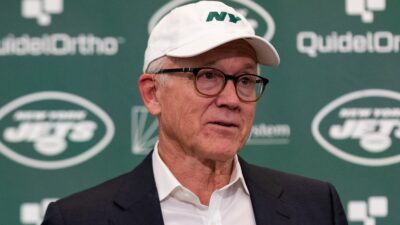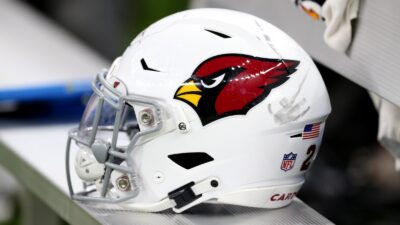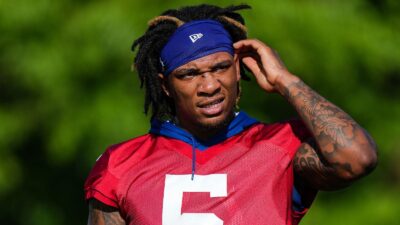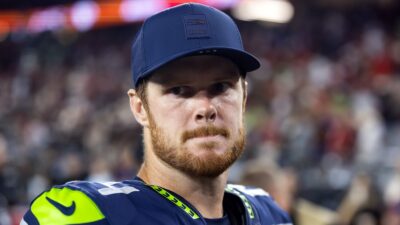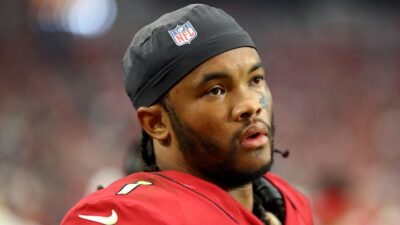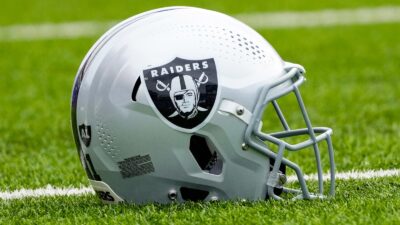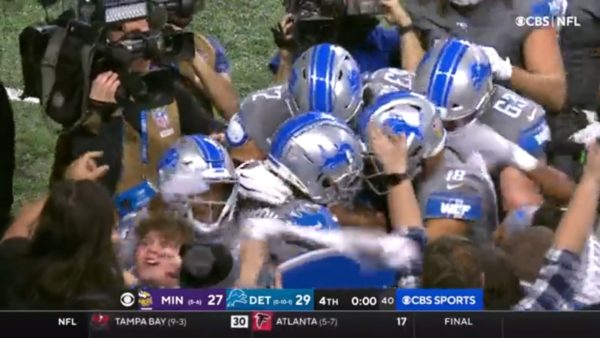
The Detroit Lions picked up their first win of the season in dramatic fashion on Sunday, and there were some questions about whether the officiating crew mishandled the ending of the game. They did not.
Detroit defeated the Minnesota Vikings 29-27 with a Jared Goff touchdown pass to Amon-Ra St. Brown as time expired (video here). That led to a wild scene at Ford Field, and many were wondering why the Lions were not forced to line up for an extra point or two-point conversion. The touchdown gave them a 2-point lead, which means the Vikings could have, in theory, done something like block a PAT and return it the other way for two points. So why wasn’t Minnesota given the opportunity?
The NFL implemented a rule change in 2018 that made it so a PAT is not always mandatory. Some people incorrectly thought the PAT or 2-point conversion attempt is necessary whenever time expires and the deficit is two points or less. However, that is not the case if the team that scores has the lead.
End of game scenario was handled correctly in Detroit. Rule 4-8-2(c) says that the game is over when "a successful Try would not affect the outcome of the game". Successful is the key word here. A blocked XP returned for 2 points is not a successful try
— Fᴏᴏᴛʙᴀʟʟ Zᴇʙʀᴀs🇺🇦 (@footballzebras) December 5, 2021
Extra point is not attempted unless after the TD the score is tied or the team that just scored is down by 1 or 2 points. Rule was changed in 2018.
— Dean Blandino (@DeanBlandino) December 5, 2021
The rule does not allow for the team that takes the lead to lose it due to a botched PAT or 2-point attempt. Whether the rule is a good one or not is another conversation, but it was applied correctly in the Vikings-Lions game.


